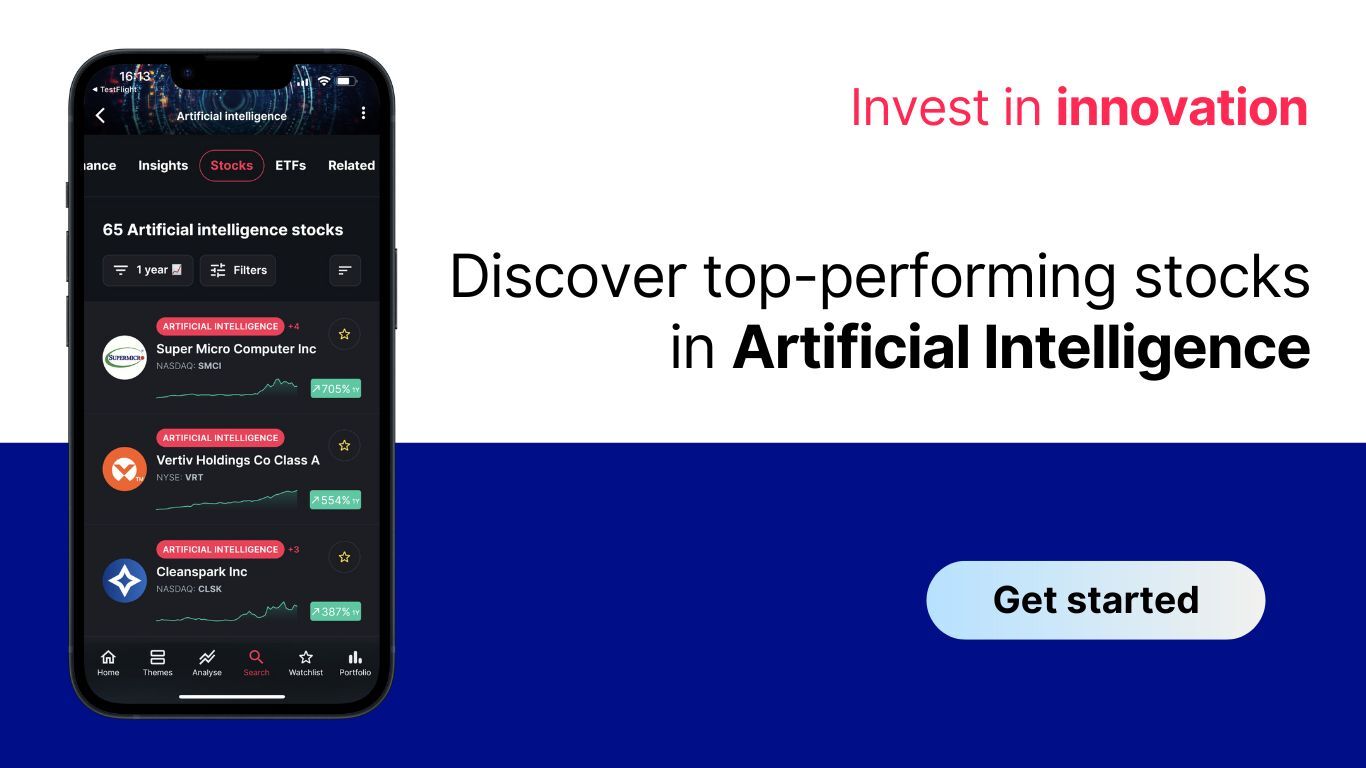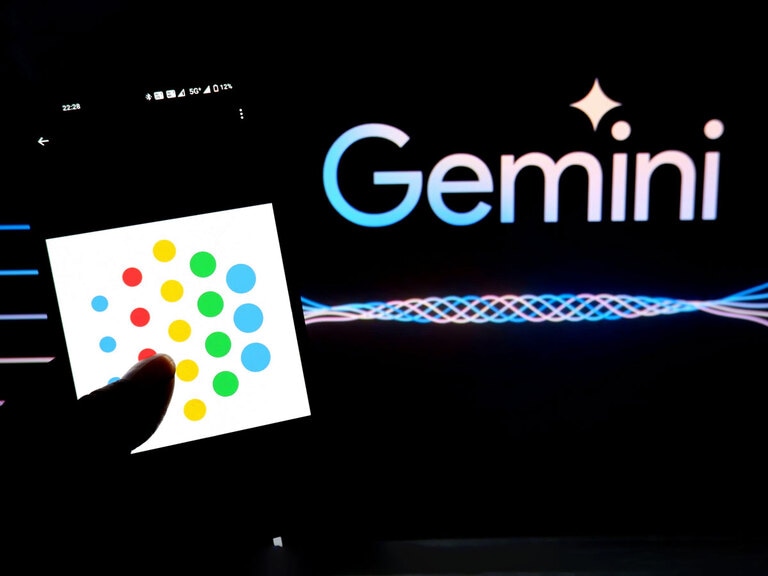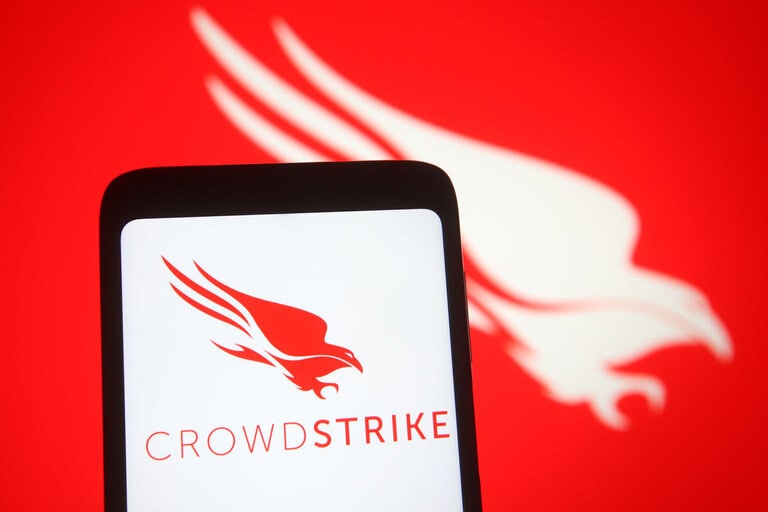Adobe disappointed investors in the early part of fiscal Q1 after walking away from its proposed $20bn acquisition of Figma. Despite the termination weighing on Q1 net income, a range of artificial intelligence (AI) product enhancements could have helped to drive Q2 earnings, which are being reported on Thursday.
- Adobe has launched generative AI assistants for its customer management tool and PDF-reader.
- Q1 2024 net income took a hit after the $20bn Figma acquisition was abandoned.
- AI product enhancements are expected to accelerate annualised recurring revenue in the second half of fiscal 2024.
Software-as-a-service provider Adobe [ADBE] infuriated customers last week with an update to its terms of service, which now force users of products including Photoshop to provide the company with unlimited access so it can improve software and services.
Scott Belsky, Adobe’s Chief Strategy Officer, responded to concerned customers on X, stressing that the company doesn’t use customers’ content to train Firefly, its generative AI model.
Last week Adobe also rolled out its generative AI assistant for its customer management tool, Experience Platform. Anjul Bhambhri, Senior Vice President at Adobe Experience Cloud, described it as “an out-of-the-box solution that can harness data to deliver insights and automation”. Back in February, generative AI was added to its PDF management software Acrobat — the assistant can respond to queries about the information in a document through a “conversational interface”.
Eight institutional investors poured $933.8m into Adobe in the first three months of the year, the highest quarterly amount since the first three months of 2022, according to Stockcircle. Another eight institutional investors sold $896.8m worth of Adobe shares in Q1.
Net Income Hit by Figma Buyout Collapse
For the three months ending 1 March, Adobe reported record quarterly revenue of $5.2bn, up 11% year-over-year. GAAP net income fell from $1.2bn in the year-ago quarter, or $2.71 per share, to $620m, or $1.36 per share. The sharp decrease was partly down to the company abandoning its $20bn acquisition of Figma. While the UK Competition and Markets Authority (CMA) didn’t block the deal, it did have concerns that the merger would threaten the competitiveness of the UK design industry; Adobe refused to make compromises to address the CMA’s concerns.
“We’ve done an incredible job harnessing the power of generative AI to deliver groundbreaking innovation across our product portfolio,” said Adobe CEO and Chairman Shantanu Narayen in the Q1 2024 earnings press release last March.
Product enhancements, including the AI assistant for Acrobat, should result in an acceleration in annualised recurring revenue in the second half of the year.
Q2 Guidance Disappoints but Investors Will Focus on AI
For Q2, being reported Thursday, Adobe has forecast earnings in the range of $4.35–$4.40 per share on revenue of $5.25bn–$5.3bn, which at the midway point would be a year-over-year growth rate of 10.6% on revenue. The guidance disappointed analysts, who had expected earnings of $4.38 per share on $5.31bn in revenue, according to a poll by LSEG. "[E]xpectations were perhaps a little higher ... in terms of what we would guide for Q2,” conceded Narayen on the Q1 earnings call.
The Q2 earnings call could shed more light on the AI text-to-video generator the company is building to rival OpenAI’s Sora, which was made available to testers in February.
David Wadhwani, Adobe’s President of Digital Media Business, suggested on the Q1 earnings call that there’s demand for both models. “[T]he more people generate video clips, the more they need to edit that content, right? So whether it’s Premiere or After Effects or Express, they have to assemble those clips. They have to colour correct those clips. They have to tone-match. They have to enable transitions,” said Wadhwani.
Adobe’s Share Price Struggles Amid Increased Competition
Investors will be hoping that Adobe’s investment in AI can help the stock to rebound. The Adobe share price has plunged 22% year-to-date through 7 June and is down 3.5% in the past month alone.
However, with Adobe still in the early innings of monetising AI, the company could potentially find itself losing customers to AI start-ups that are trying to disrupt the graphics industry, like Midjourney and Stability AI — especially if it doesn’t move quickly enough. This could end up weighing on revenue and its share price.
Rather than holding Adobe shares outright and assuming this risk, investors could gain exposure to the company through thematic ETFs.
The Invesco AI and Next Gen Software ETF [IGPT] has Adobe as its third-biggest holding, with a weighting of 7.3% as of 7 June. The fund is up 30.8% in the past year and up 21% year-to-date.
The Global X Artificial Intelligence and Technology ETF [AIQ] has allocated Adobe 2.2% of its portfolio. The fund is up 28.2% in the past year and up 9.9% year-to-date.
Disclaimer Past performance is not a reliable indicator of future results.
CMC Markets is an execution-only service provider. The material (whether or not it states any opinions) is for general information purposes only, and does not take into account your personal circumstances or objectives. Nothing in this material is (or should be considered to be) financial, investment or other advice on which reliance should be placed. No opinion given in the material constitutes a recommendation by CMC Markets or the author that any particular investment, security, transaction or investment strategy is suitable for any specific person.
The material has not been prepared in accordance with legal requirements designed to promote the independence of investment research. Although we are not specifically prevented from dealing before providing this material, we do not seek to take advantage of the material prior to its dissemination.
CMC Markets does not endorse or offer opinion on the trading strategies used by the author. Their trading strategies do not guarantee any return and CMC Markets shall not be held responsible for any loss that you may incur, either directly or indirectly, arising from any investment based on any information contained herein.
*Tax treatment depends on individual circumstances and can change or may differ in a jurisdiction other than the UK.
Continue reading for FREE
- Includes free newsletter updates, unsubscribe anytime. Privacy policy






